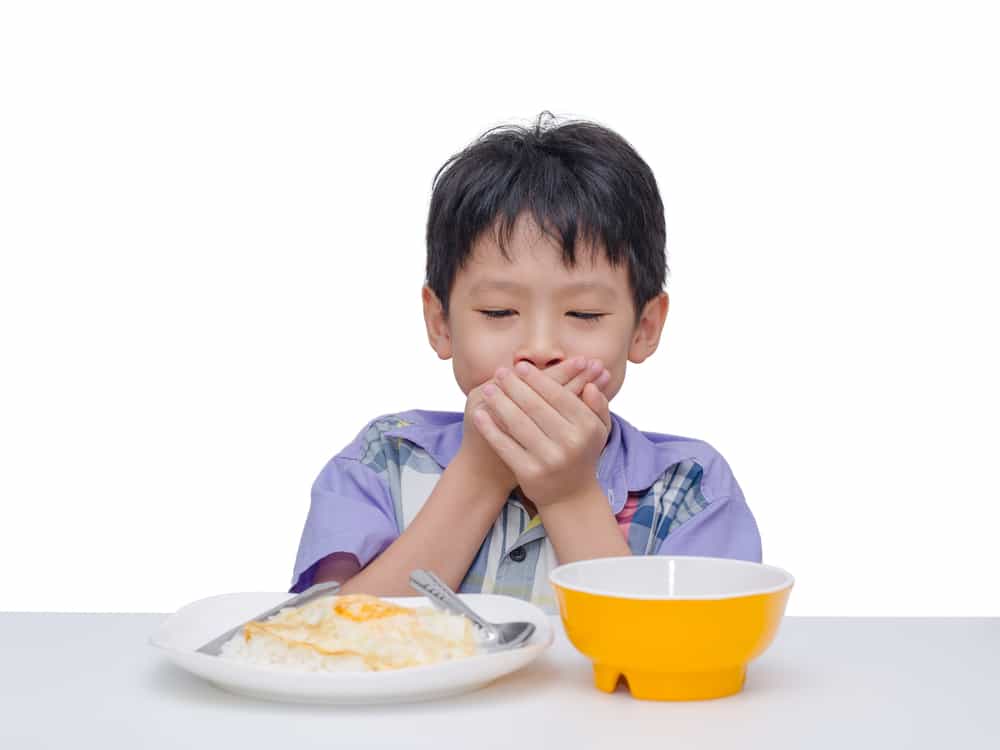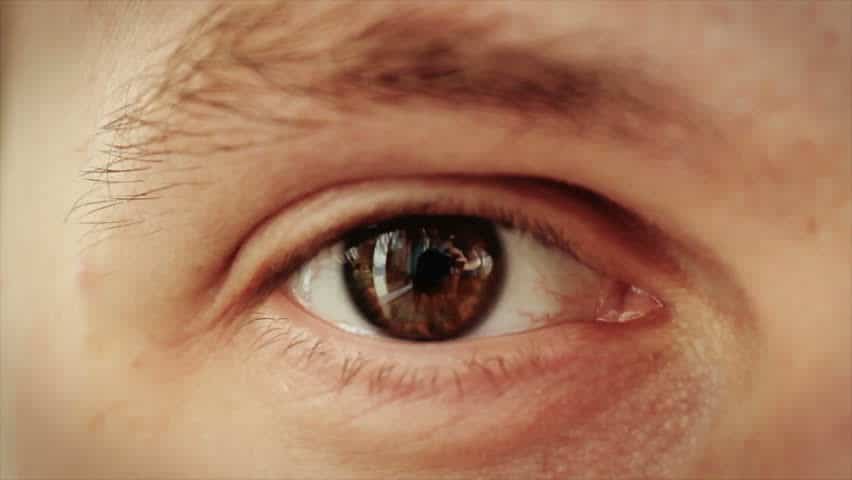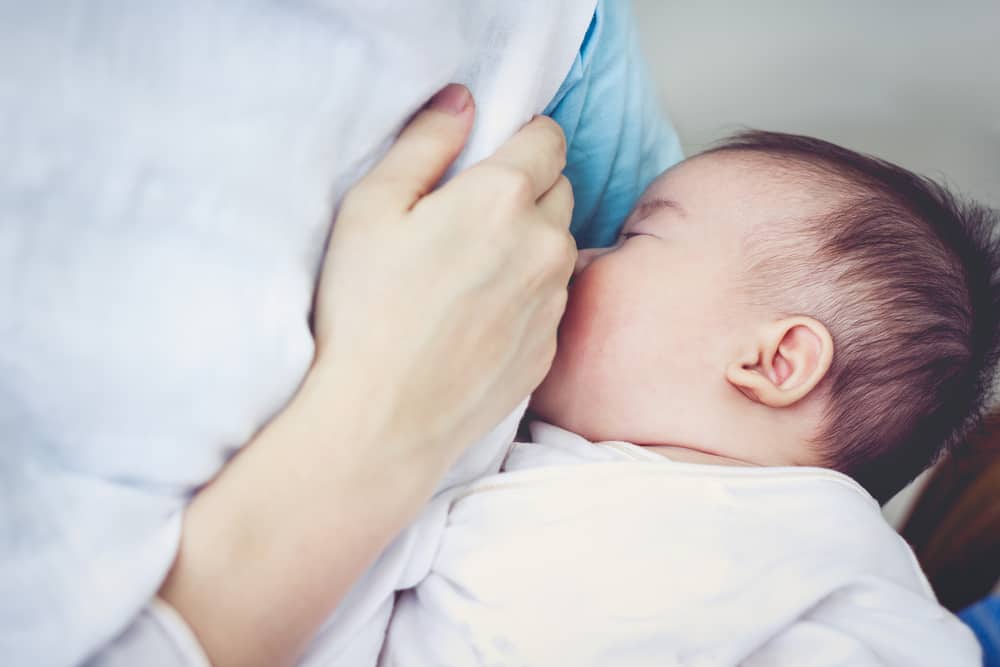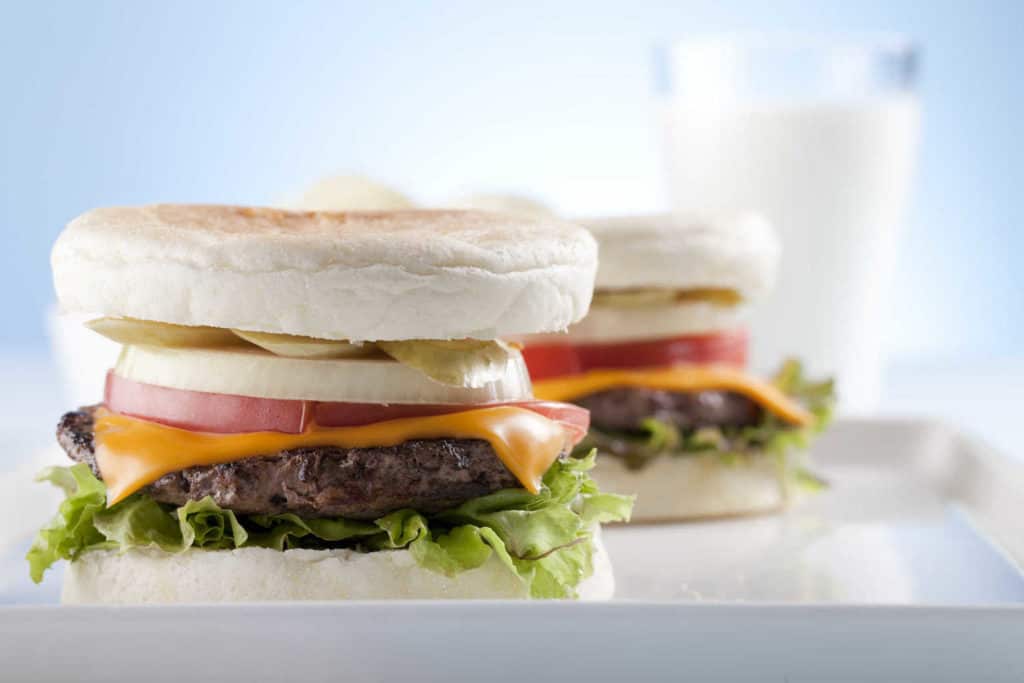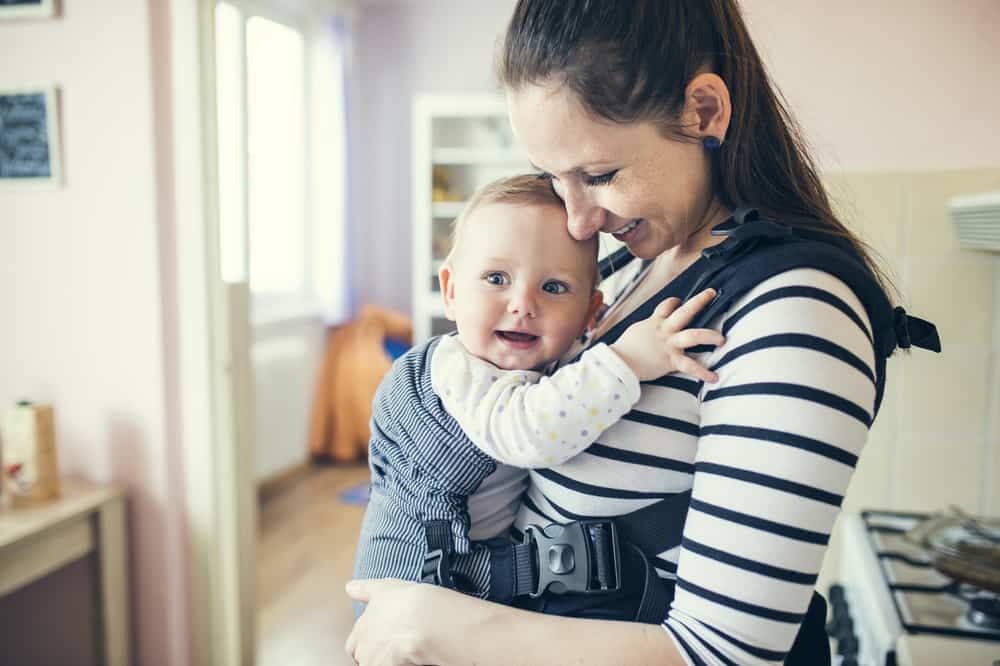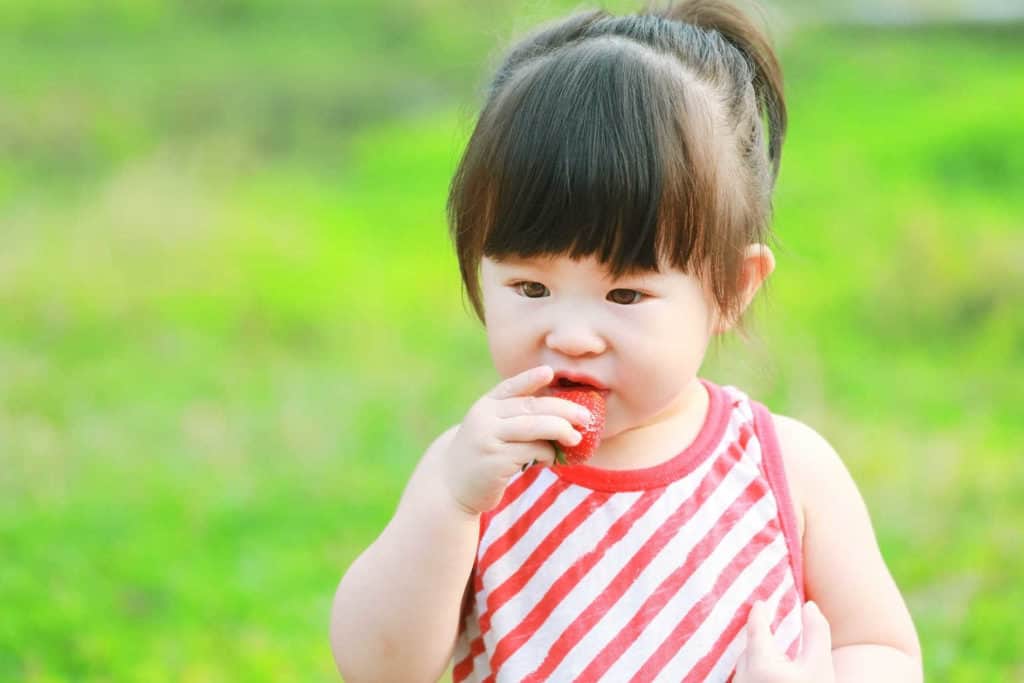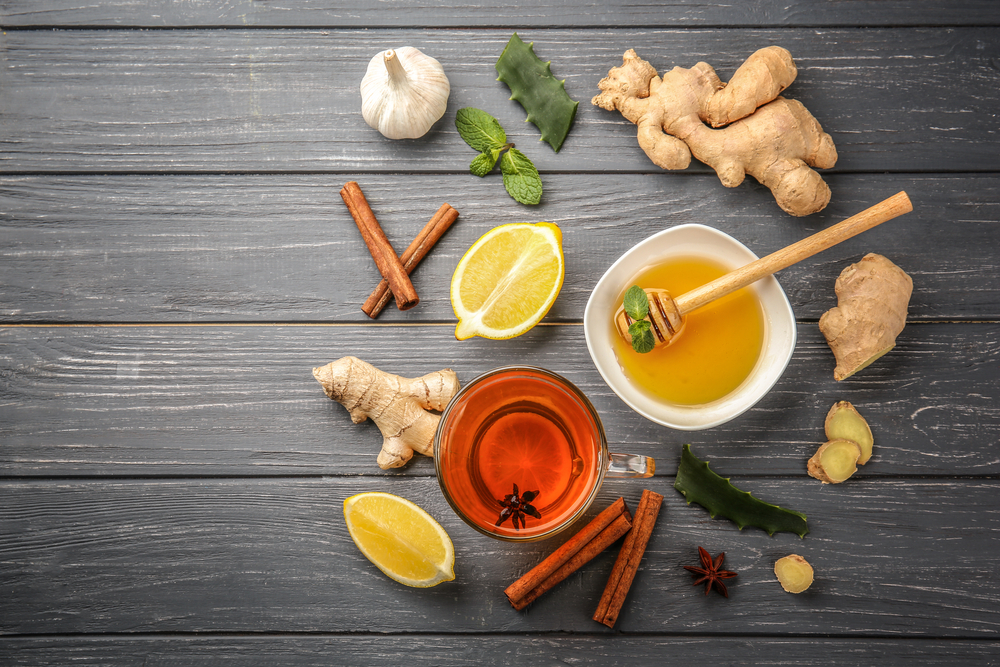Contents:
- Medical Video: Pediatric Food Allergies: The Latest in Diagnosis, Treatment, and Trials
- When your child can talk
- When your child goes to a new place
- When your child is offered food
- When your child can read food ingredients
- Every time
Medical Video: Pediatric Food Allergies: The Latest in Diagnosis, Treatment, and Trials
As a parent, you will always worry about your child regardless of age. More worrying when your child has a food allergy. Usually people are afraid of what your child cannot control, especially if the child has severe food allergies. When your child goes on a school trip, stays at a friend's house, or attends a classmate's birthday party, he may be in a strange environment who does not know that he has a food allergy. This is scary because it can be life threatening. That's why it's important to teach your child how to take care of himself.
Start at an early age, and teach your child to tell adults about their allergies and ask before they eat something. As your child grows, teach other steps to protect yourself against allergens. Here are some important times to help your child take over food allergies.
When your child can talk
Don't assume your child is too young to communicate with adults who feed him. Even pre-school children can take care of themselves. Starting from an early age, explain about your child's allergies to him. Don't give him something that might contain allergens for him. For example, if he is allergic to corn, teach him to avoid drinking box juice. Many juices contain high-fructose corn syrup which might cause an allergic reaction. As long as he is too young to understand what can happen when eating something that makes him allergic, make sure he avoids eating these foods at all.
When your child goes to a new place
Teach your child to look for adults and tell them about your food allergies. Sometimes the child may have a medical bracelet or necklace that will help adults realize your child's medical condition. This can also help. Responsible adults will realize it and take extra precautions.
When your child is offered food
Before your child receives food from anyone, teach him to ask whether it contains foods that he allergies. If the person who gave him the food did not know, answer politely refused or asked another adult who might give him a definite answer. If your child may be in a situation where he or she will not be able to eat food provided to him for fear of exposure to allergens, make sure he has edible food. Better yet, provide your own food so that your child has food that can be eaten safely.
When your child can read food ingredients
If your child is allergic to eggs, he needs to know that in food packaging, eggs are often labeled as lysozyme, mayonnaise, albumin, ovalbumin, meringue, or meringue powder. When your child is old enough to read and recognize certain words, teach to check the list of ingredients that are likely allergens.
Thanks to the 2004 Food Allergen Labeling and Consumer Protection Act, companies must state that their food or drink contains one of eight main food allergen groups, namely milk, eggs, fish, shellfish, crustaceans, tree nuts, nuts, wheat, and soybeans. These eight groups contain more than 90 percent of all food allergies. However, more than 160 foods can cause allergic reactions, and alternative names for ingredients make the label difficult to understand.
Every time
Remind your child of their food allergies is not something to be ashamed of, it just means he has to be more careful about what he eats. He does not need to feel embarrassed to tell an adult or even another child about his allergies.

